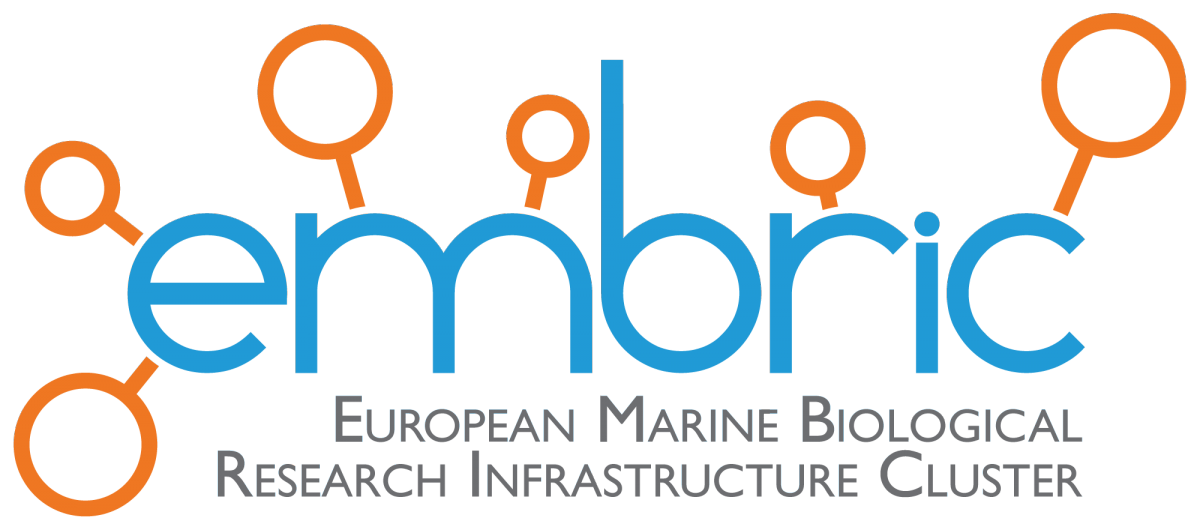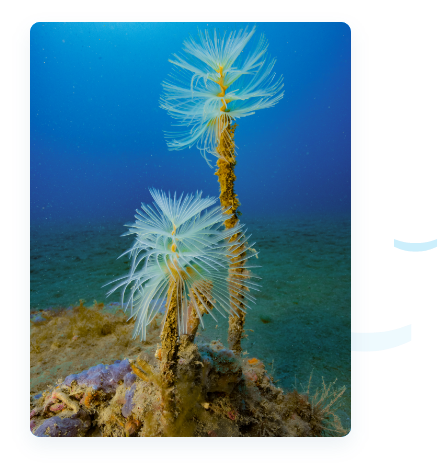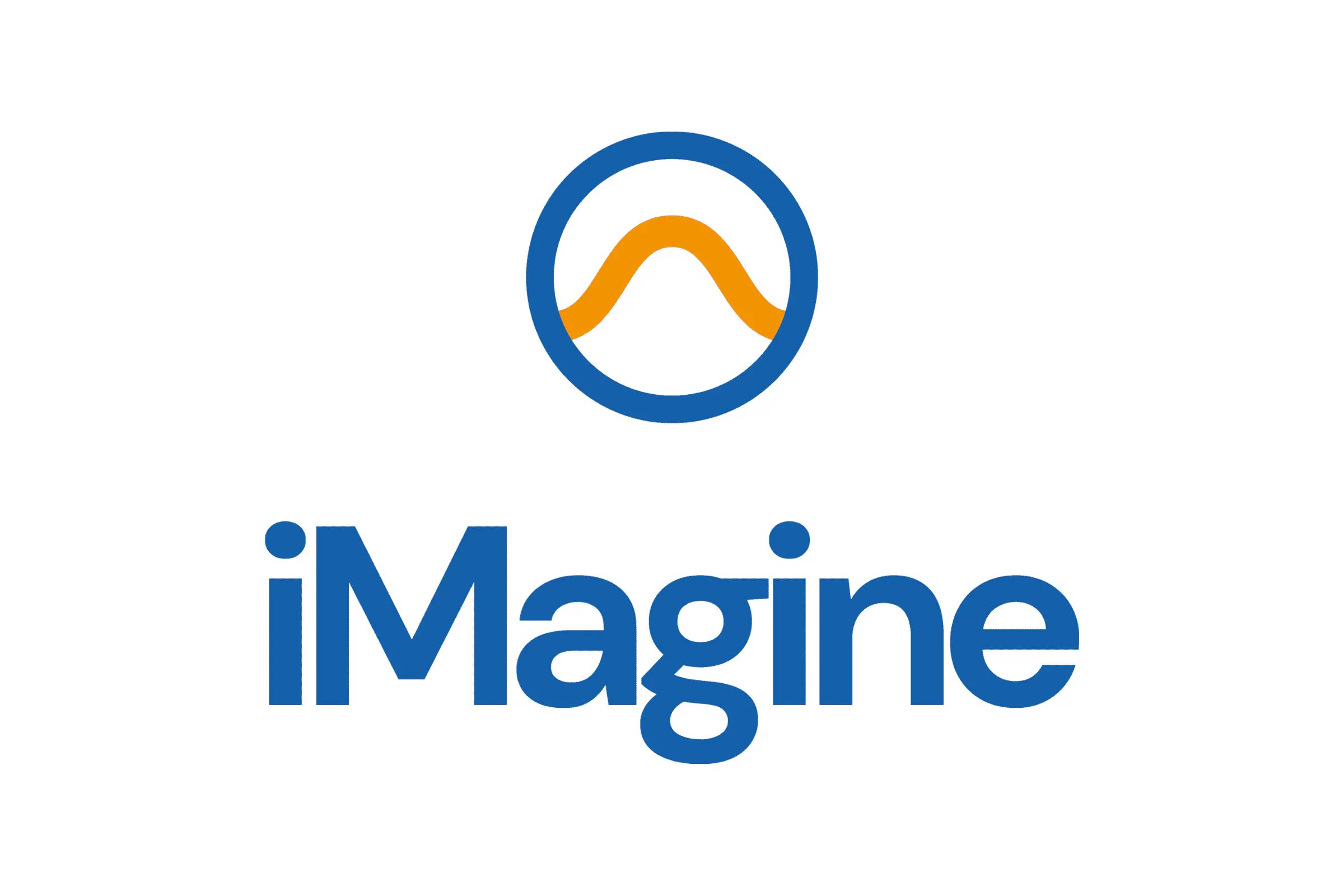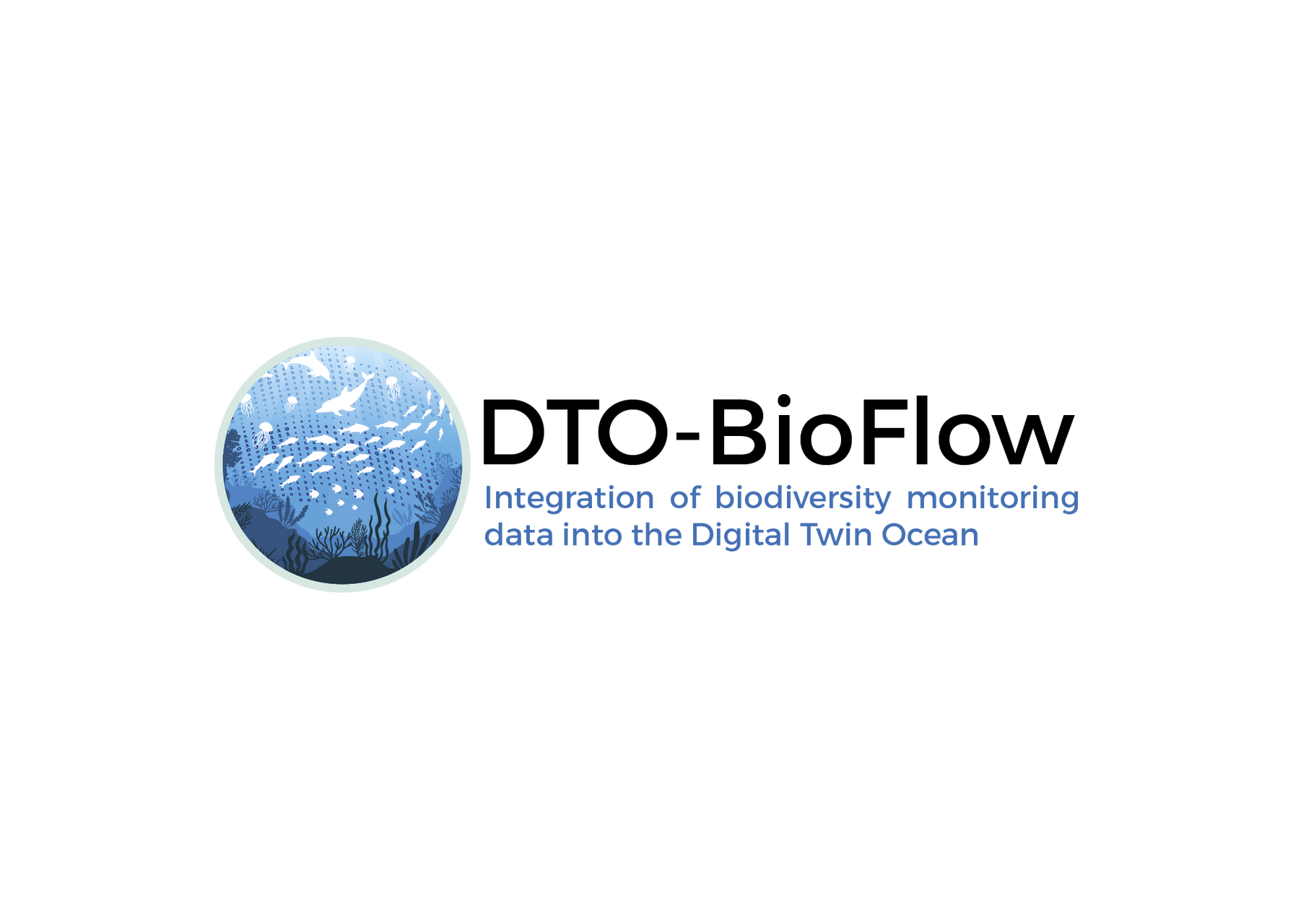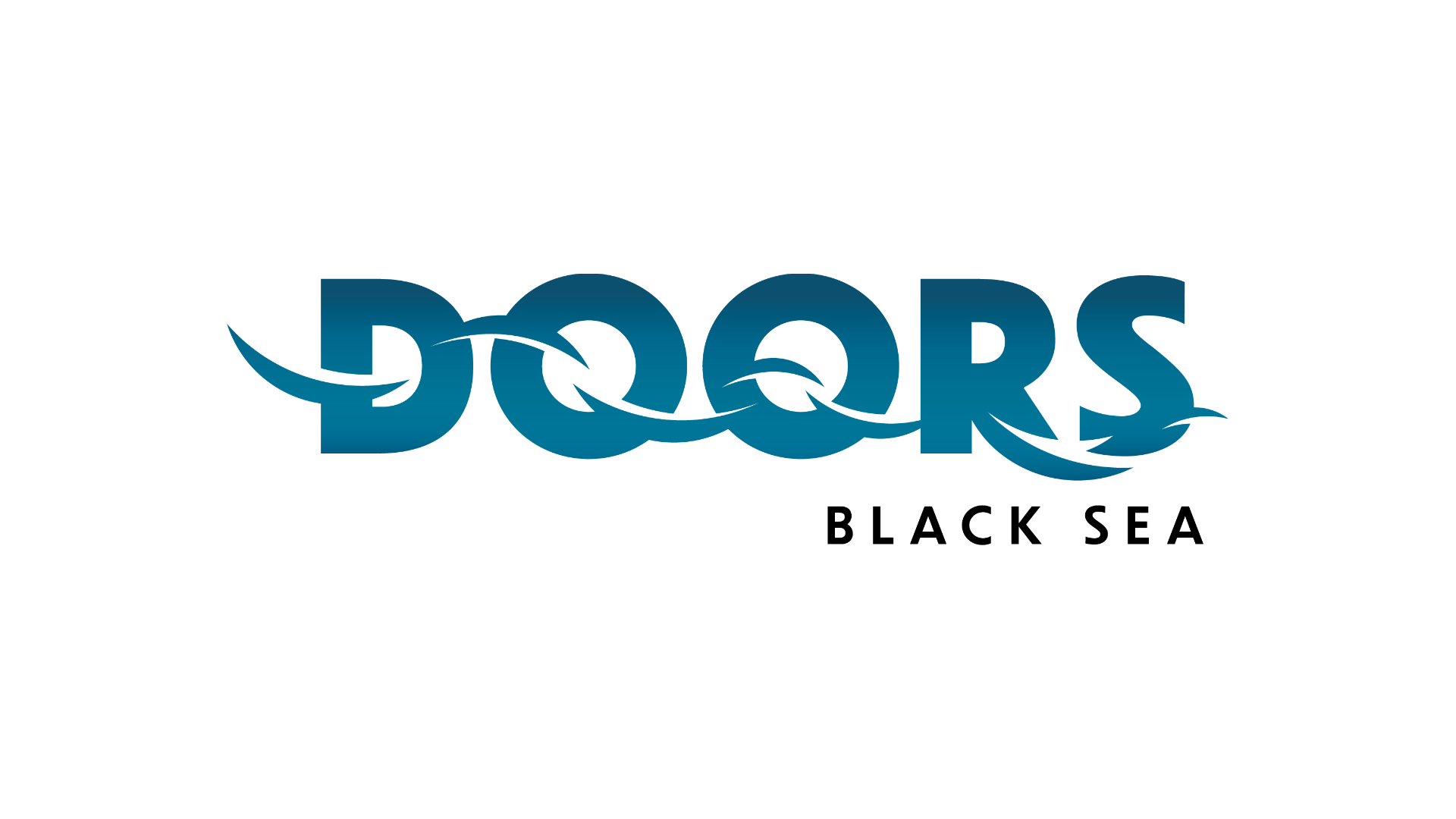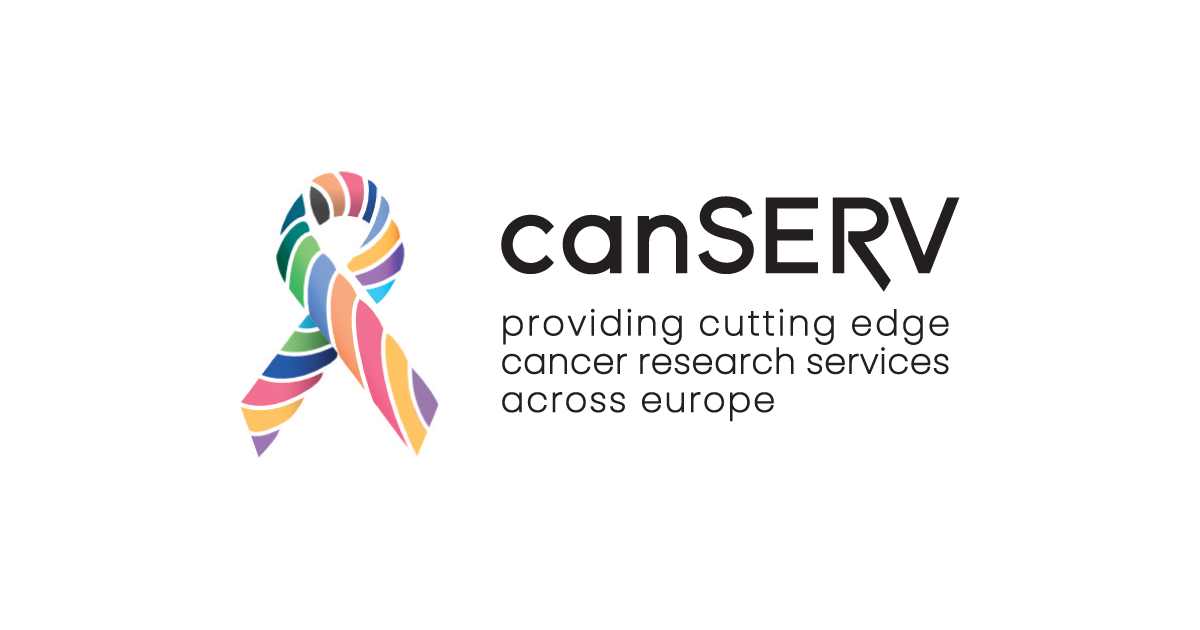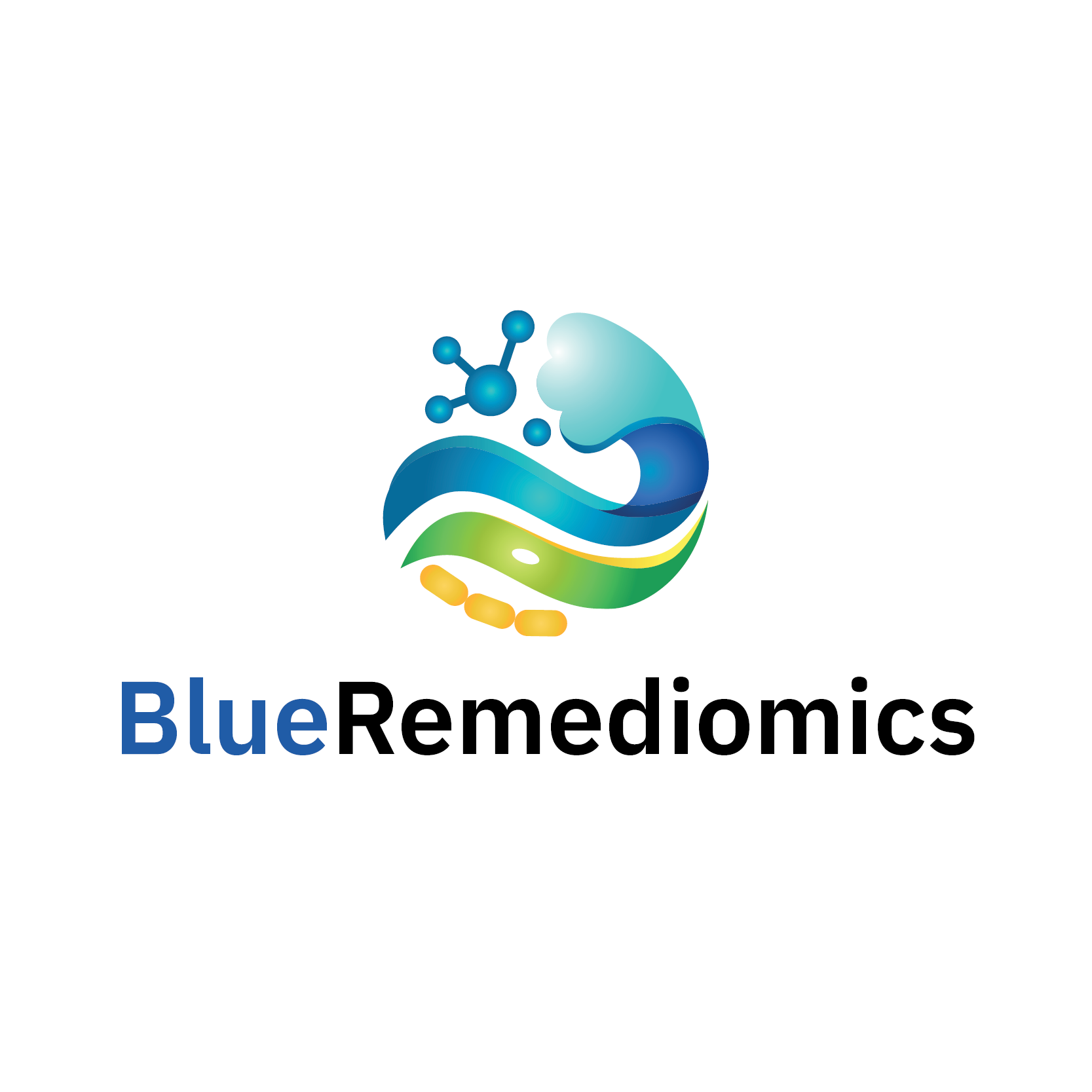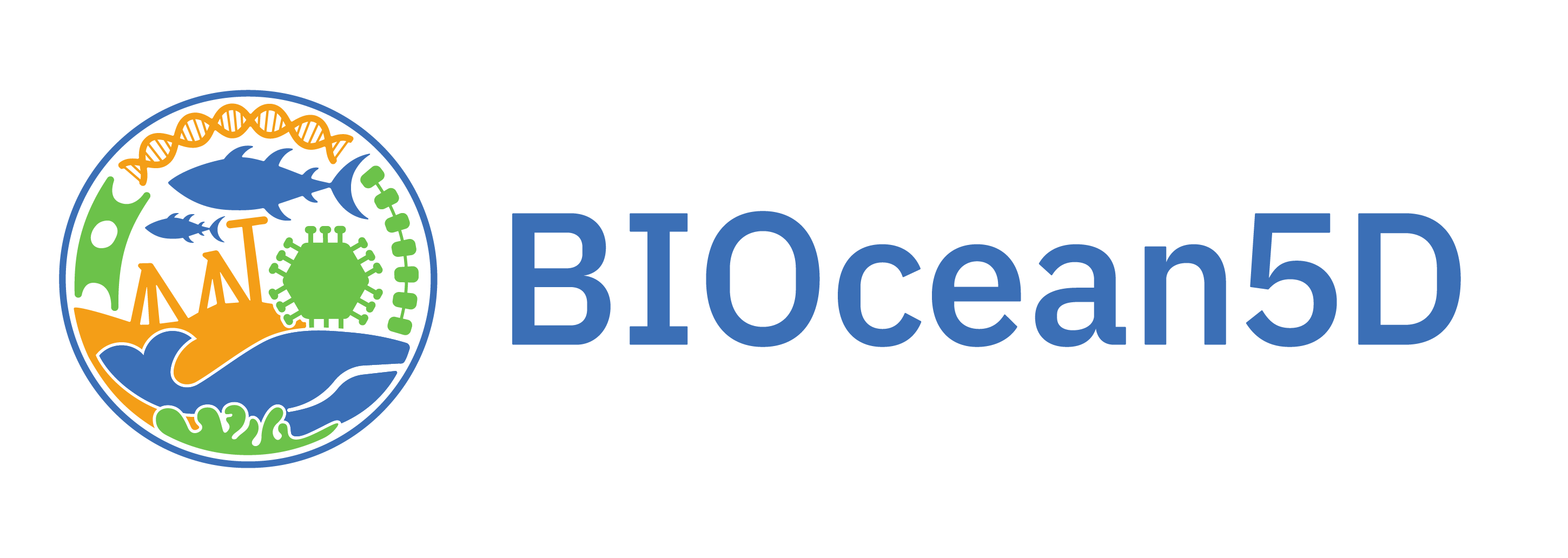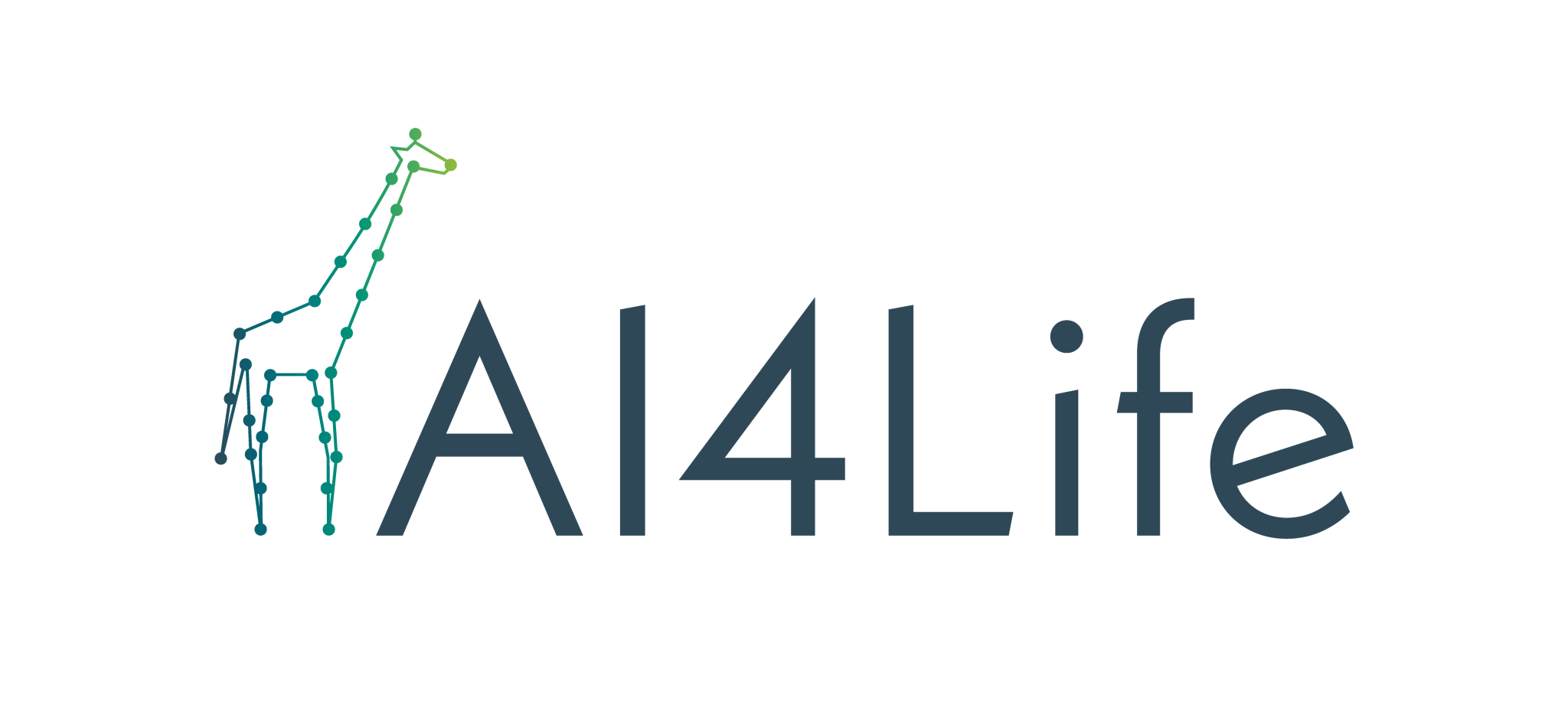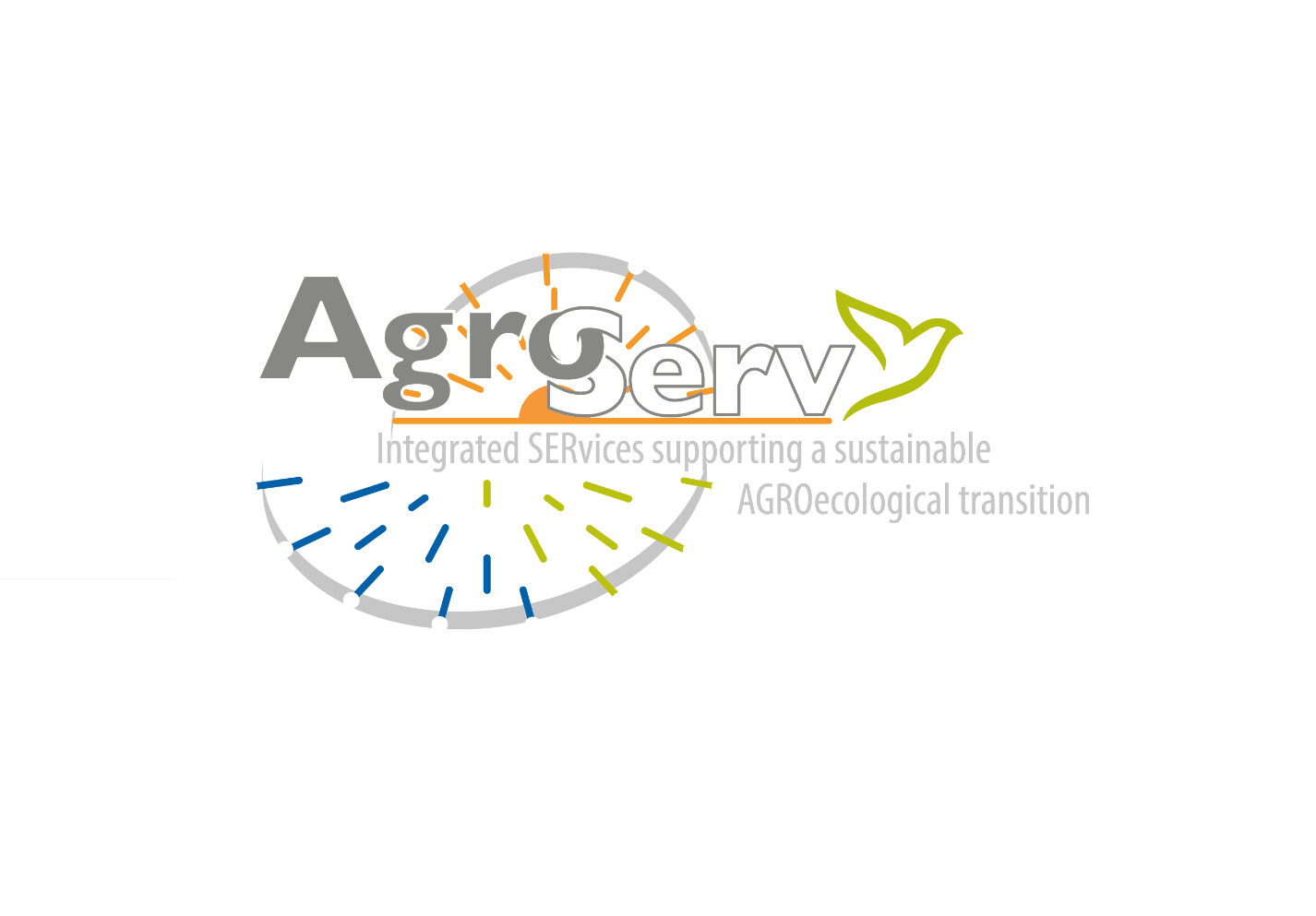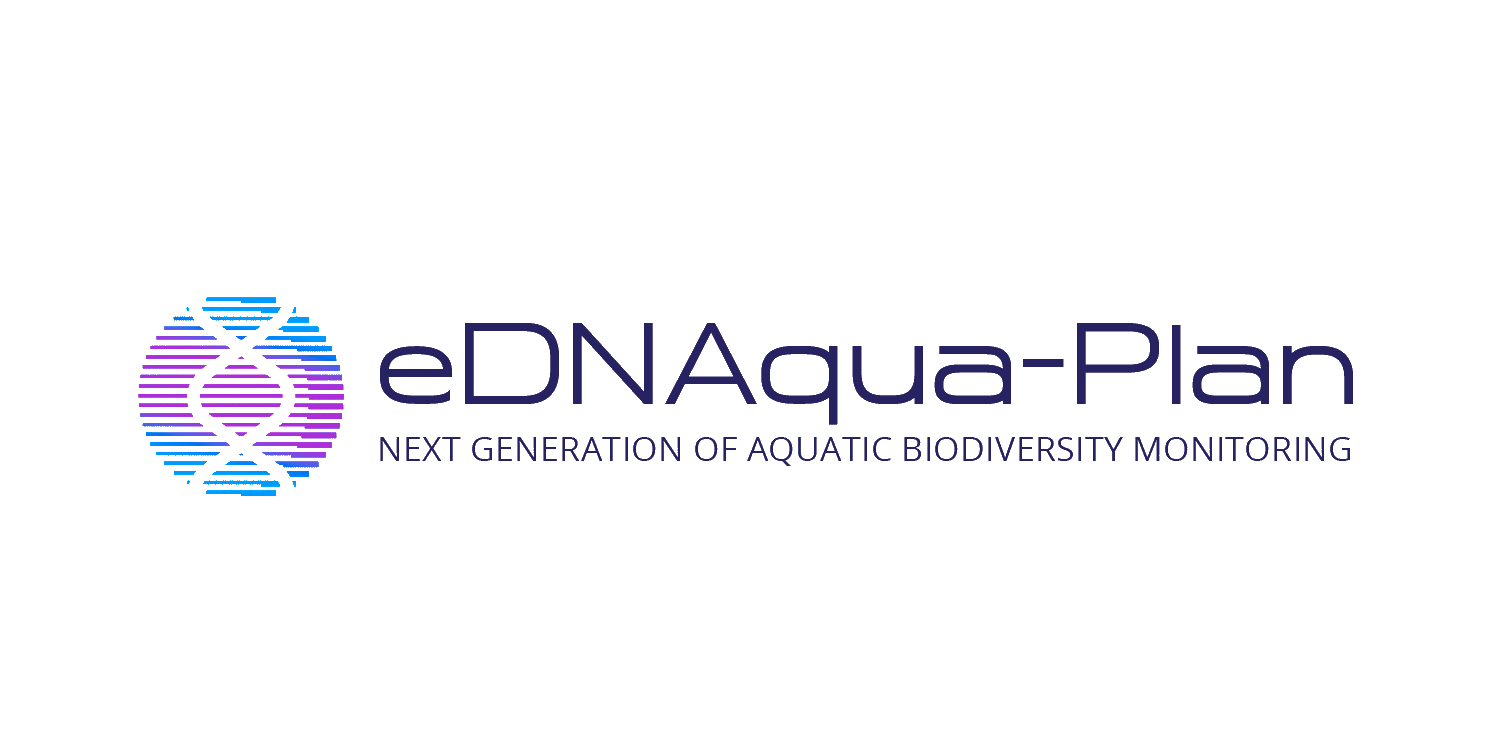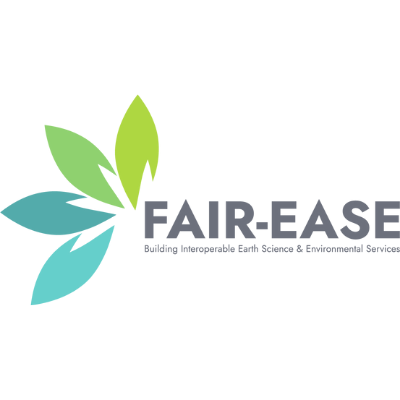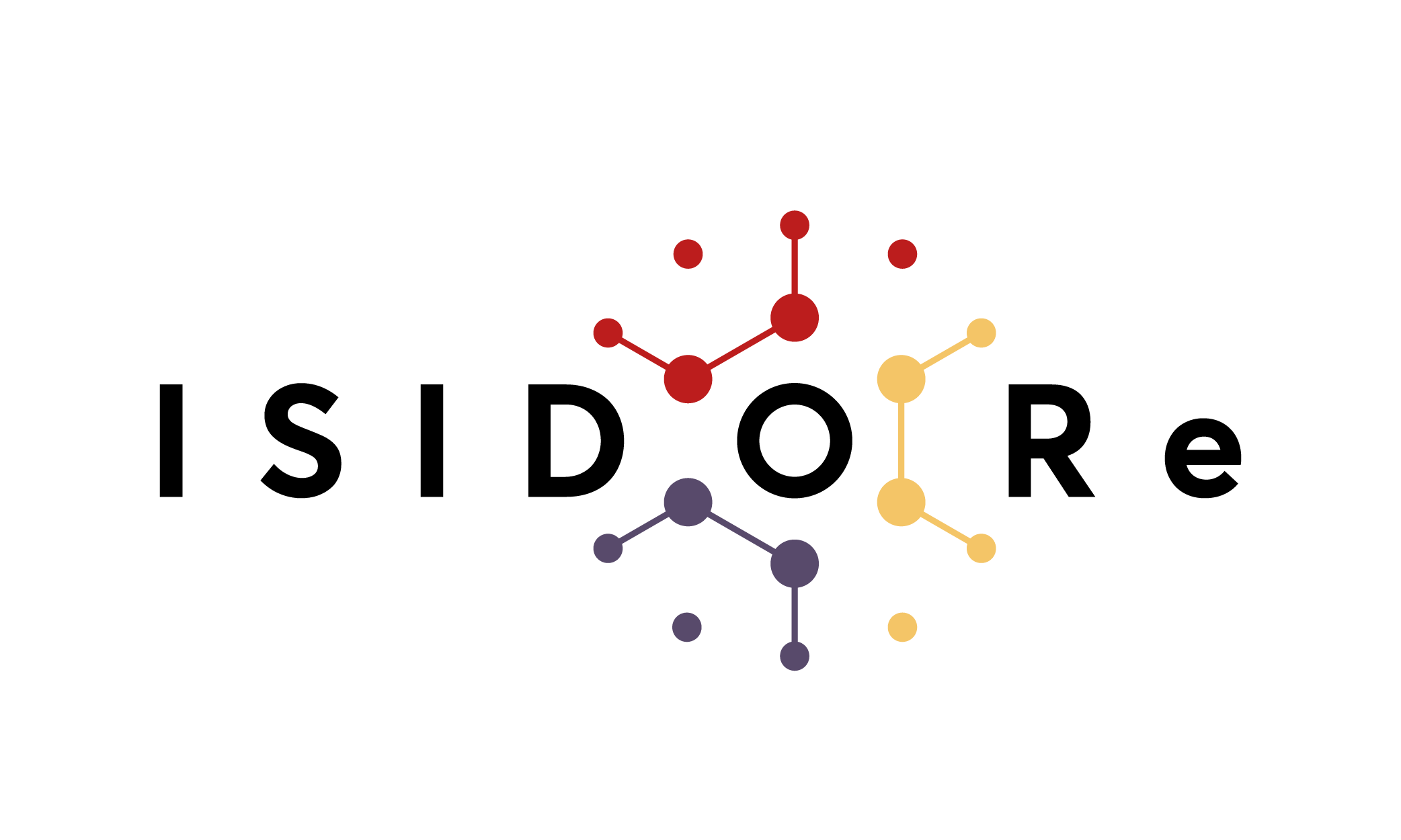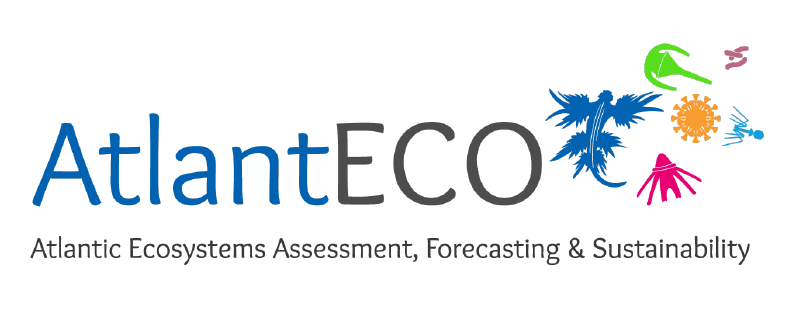EMBRIC aimed to bring Europe’s marine blue bio-economy forward through the creation of a perennial cluster of research infrastructures (RIs), which will foster innovation in marine biotechnologies. In particular, EMBRIC was designed to propose integrated multidisciplinary value chains of services for the exploration of marine bioresources and their sustainable exploitation as sources of biomolecules and/or as whole organisms for food.
Participating institutions (RIs) provided access to the full spectrum of the diversity of marine organisms (EMBRC) or were specialised in the provision of specific groups of organisms (MIRRI: prokaryotes and fungi; AQUAEXCEL: finfish).
Using biological resources as raw materials, the cluster developed service-oriented workflows for natural product discovery and genetic selection in aquaculture. EU-OPENSCREEN contributed its services and expertise in the area of natural product discovery, while AQUAEXCEL did so in the aquaculture domain. ELIXIR provided cross-cutting expertise on data services and management.
The cluster also included the coordinator of the social sciences ‘Research infrastructure for research and innovation policy studies’ (RISIS) project, specialised in the analysis of innovation ecosystems across Europe. RISIS was involved in establishing the technology transfer identity of EMBRIC.
Case studies were designed to help test and refine workflows through Joint Development Activities (JDAs). This internal testing was complemented by the provision of access to EMBRIC services to external user communities in the second half of the project’s life span.
Project dates: 1 June 2015 to 31 May 2019
EMBRC role: provision of access to diverse marine organisms
Contact: info@embrc.eu
Funding: €9,041,611 (Horizon 2020, under grant agreement number 654008)
Learn more on CORDIS (European Commission website)








